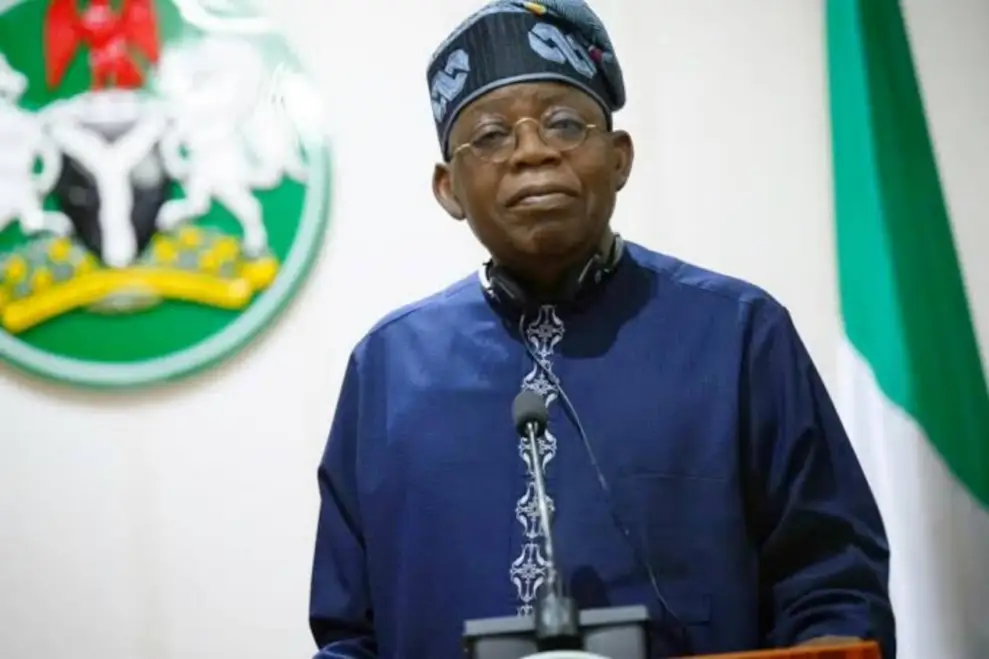The Presidency has welcomed Nigeria’s latest revenue figures for January to August 2025, describing them as proof of unprecedented growth in non-oil collections. Officials said the results were driven by reforms aimed at strengthening fiscal performance, improving compliance, and digitising tax administration.
President Bola Tinubu, while addressing a delegation of the Buhari Organisation led by Senator Tanko Al-Makura, pointed to the positive trajectory in non-oil revenue mobilisation. Some sections of the media had earlier reported his remarks out of context.
From January to August 2025, total collections rose to N20.59 trillion, a 40.5 percent increase from N14.6 trillion in 2024. The President said this performance keeps the government on course to meet its annual non-oil revenue target. He also noted that the federal government has not borrowed from local banks this year, a sign of stronger fiscal stability.
Tinubu explained that while oil-related revenues remain under pressure due to falling crude prices, non-oil sources have grown strongly. He stressed that under his inclusive growth agenda, resources are being channelled closer to the people.
The President highlighted record Federation Accounts Allocation Committee disbursements. For the first time in Nigeria’s history, monthly allocations to states and local governments surpassed N2 trillion in July 2025. He said this gives subnational governments more space to fund food security, infrastructure, and social services.
Despite the progress, Tinubu admitted the revenue figures still fall short of his administration’s ambitions for education, healthcare, and infrastructure spending. He said reforms would continue to address these gaps.
Bayo Onanuga, spokesperson to the President, described the development as historic. “Nigeria’s fiscal foundations are being reshaped. For the first time in decades, oil is no longer the dominant driver of government revenue. The combination of reforms, compliance, and digitisation powers a more resilient economy. The task ahead is to ensure that these gains are felt in the lives of our citizens and in better schools, hospitals, roads, and jobs,” he said.
Data shows non-oil revenue is now the main engine of fiscal growth. Of the N20.59 trillion collected, N15.69 trillion came from non-oil sources, accounting for three out of every four naira. Officials said the uplift is largely reform-driven, supported by digitised tax filings, Customs automation, stronger enforcement, and expanded compliance.
Customs also exceeded expectations. In the first half of 2025, it generated N3.68 trillion, N390 billion above target, already reaching 56 percent of the full-year goal. Authorities said this reflects systemic changes rather than one-off windfalls.
The Presidency added that revenues are ahead of pro-rata expectations and final validation will come from the Budget Office at year-end. It stressed that the priority now is ensuring revenue growth brings real relief to citizens, with more food security, jobs for young people, and investments in schools, hospitals, and roads.

